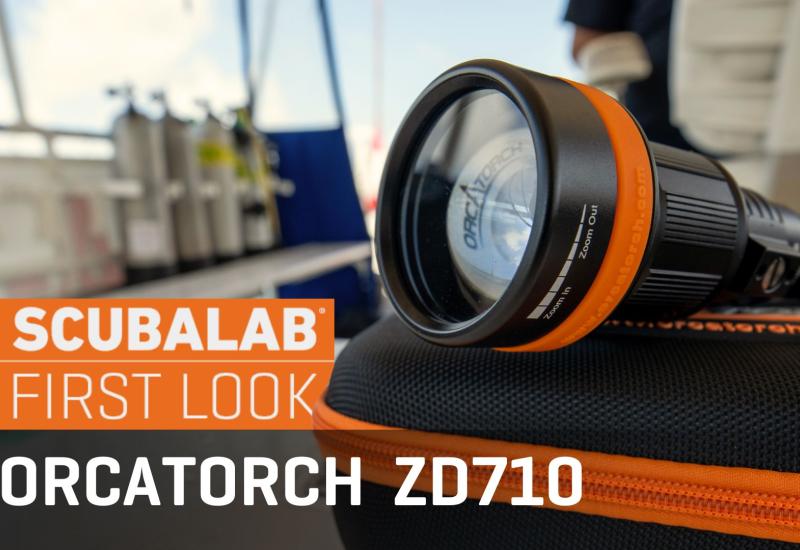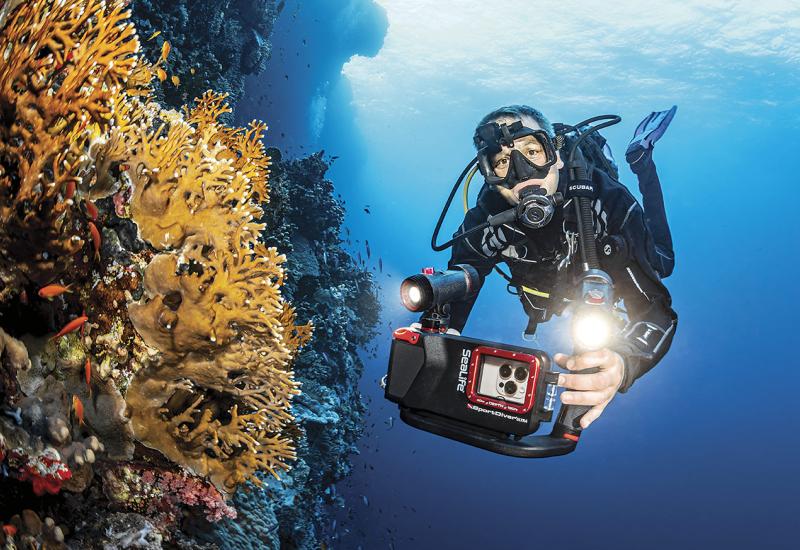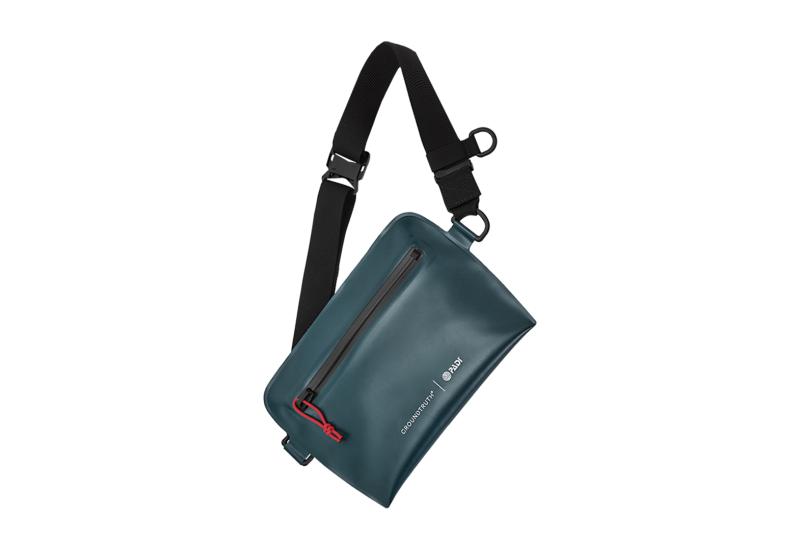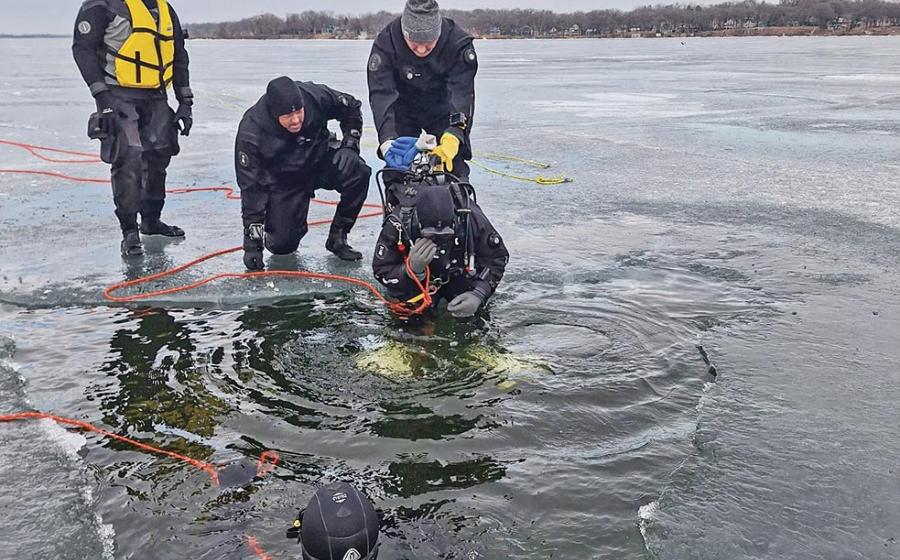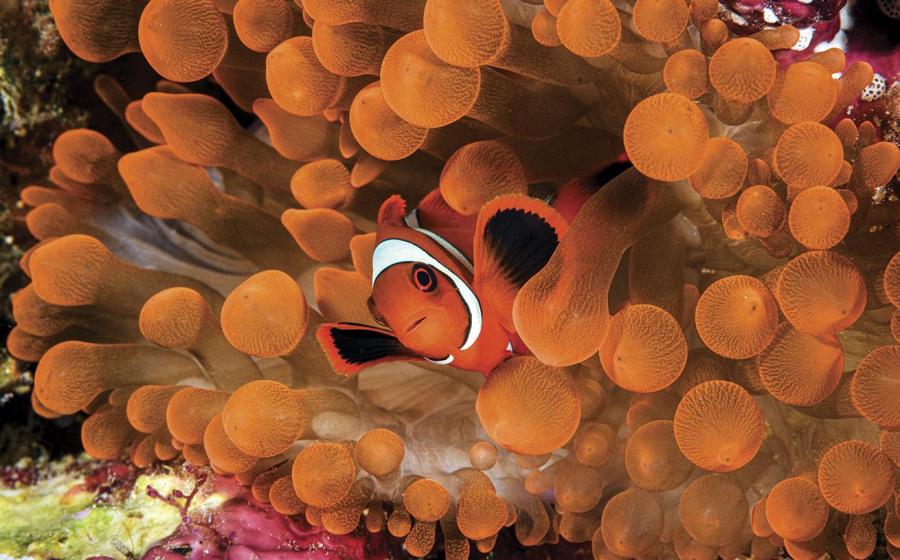5 Things You Need to Know About Underwater Housings

If you want to bring your camera underwater, you’ll want a housing to keep it dry, even in bone-crushing depths. With today's wide array of sizes, pricing and features, there's never been a better time to try your hand at underwater photography.
Control Buttons The housing’s control buttons are used to activate features on your camera. Top-of-the-line housings incorporate buttons for every feature of your camera, while less expensive housings usually sacrifice access to the more esoteric functions to keep prices down.
Casing Material Underwater-camera housings are generally made from either plastic or aluminum. Plastic housings are both durable and capable of being taken to recreational-diving depths while being relatively cheap. Aluminum housings can be more expensive but are lighter and usually offer top-notch ergonomics.
Handle Bars A housing’s handles are used to both hold the housing steady during operation, and also as a way to attach strobes or other accessories to your system. SLR housings usually have built-in handles, but many compact- camera housings require you to purchase a tray and handle system separately.
Strobe Bulkheads Traditionally, SLRs are equipped with electronic bulk- heads that send electronic signals from a camera to your strobe. There is a recent trend in fiber-optic cables that allows your camera’s internal flash to trigger your strobes.
Lens-Support System Interchangeable-lens camera housings allow you to connect different lenses through a removable-port system. Compact-camera housings have a fixed port but often offer a system to add wet lenses that make the camera’s built-in lens more suitable for use underwater.
-Want to know how to care for your underwater housing? Find [How to Care for a Camera Housing HERE](Caring For Your Camera [nid:526126]).
-Learn about the 3 Basic Types of Cameras HERE.
-Ready to start shopping? Here's our gallery of the Best Underwater Cameras and Accessories.


